The 'Souls-like' label needs to die
Dark Souls is one of the most influential games of the last decade, but it shouldn't be treated as a template.
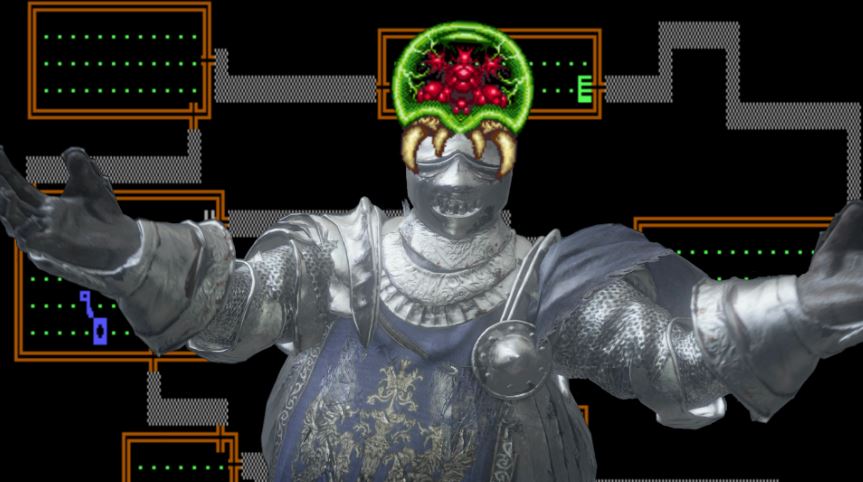
Why is every difficult action game a ‘Souls-like’ now? Dark Souls is an excellent game that many games since have been inspired by, I’m glad we agree, but this is out of control. Especially in the past few months, the Souls-like label has been bandied about so erratically that it’s now meaningless at best and counterintuitive at worst.
Look at what happened with Code Vein. Bandai Namco hyped up a mysterious new project with a vaguely vampiric trailer bearing the tagline ‘Prepare to Dine’, obviously cribbing from the Souls mantra ‘Prepare to Die.’ The publisher stopped just short of writing “It’s like Dark Souls” in the sky, and their teasing came on the heels of From Software president Hidetaka Miyazaki confirming there would be no more Souls games, so Souls fans were curious.
But when the curtain fell and Code Vein was revealed to be a distinctly anime action RPG styled after God Eater, all those curious Souls fans scattered like royal rats. The Souls name comes with certain expectations.
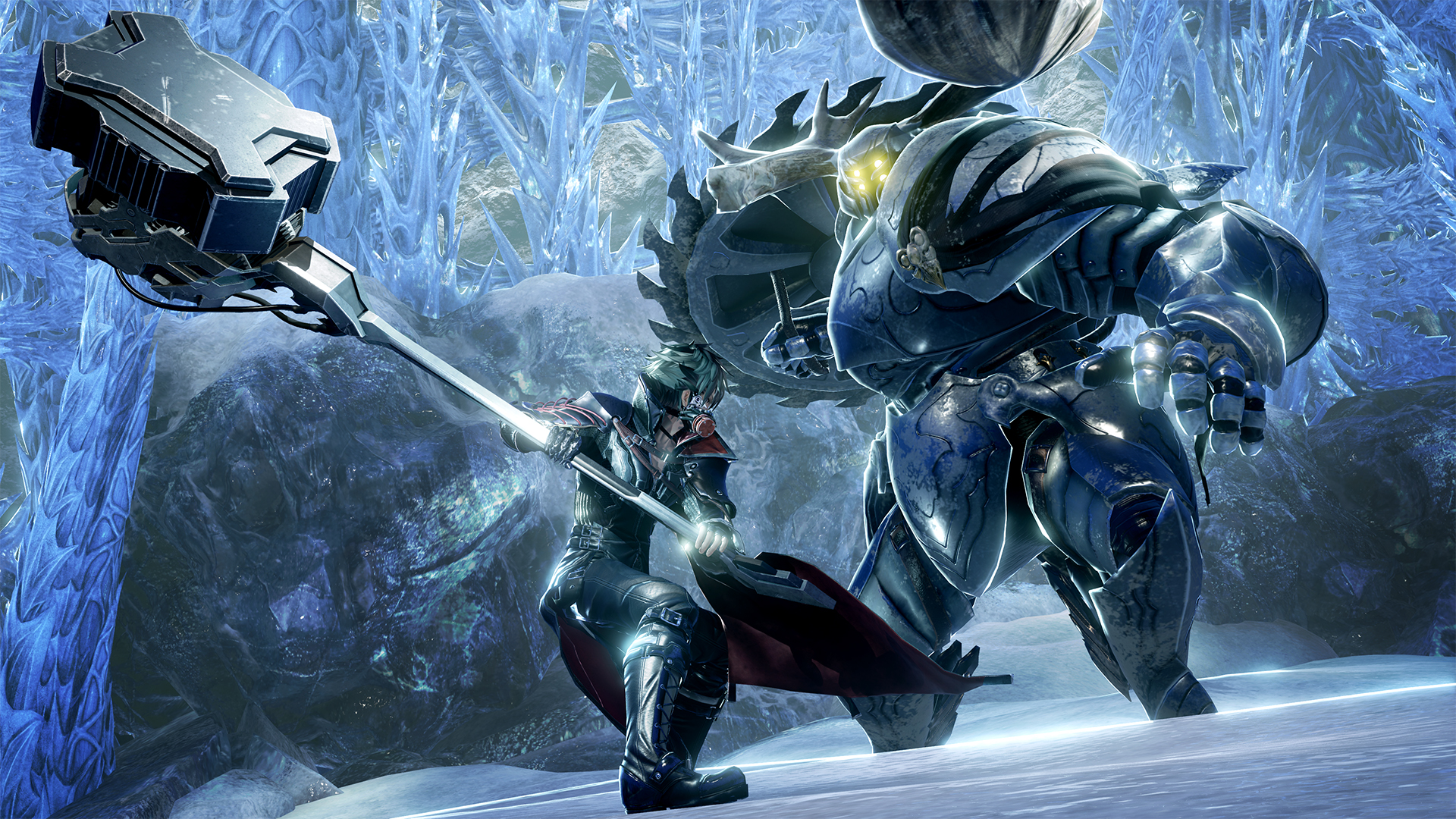
Those expectations caused Code Vein’s marketing to work against it. If Bandai had opened with ‘anime action RPG,’ the reveal probably would have been better received. But because many players went in expecting Dark Souls, many were disappointed. We see the same thing happen when wildly different games are lumped together as Souls-likes: games are mislabeled and players are misled.
An unfair comparison
Ska Studios’ Salt and Sanctuary was trumpeted by many as a 2D take on Dark Souls, and not without reason. Enemies yield salt instead of souls, checkpoints are sanctuaries instead of bonfires and there are definitely some familiar bosses. These traits unabashedly ape Dark Souls, but I’d still describe Salt and Sanctuary as a 2D action RPG before calling it a Souls-like. If I had to make a direct comparison, it would be to The Dishwasher: Vampire Smile, Ska’s previous 2D action RPG.
Look at Dragon’s Dogma, which had the misfortune of releasing just months after Dark Souls and is still called a Souls-like even today. It, too, is an open-world action RPG featuring giant bosses and combat couched in stamina management. But it also has far more prominent RPG traits, such as sophisticated class and companion systems, and it lacks the atmosphere and challenge that makes Dark Souls what it is. And to be fair, Dark Souls lacks the ability to latch onto the nether regions of a griffin.
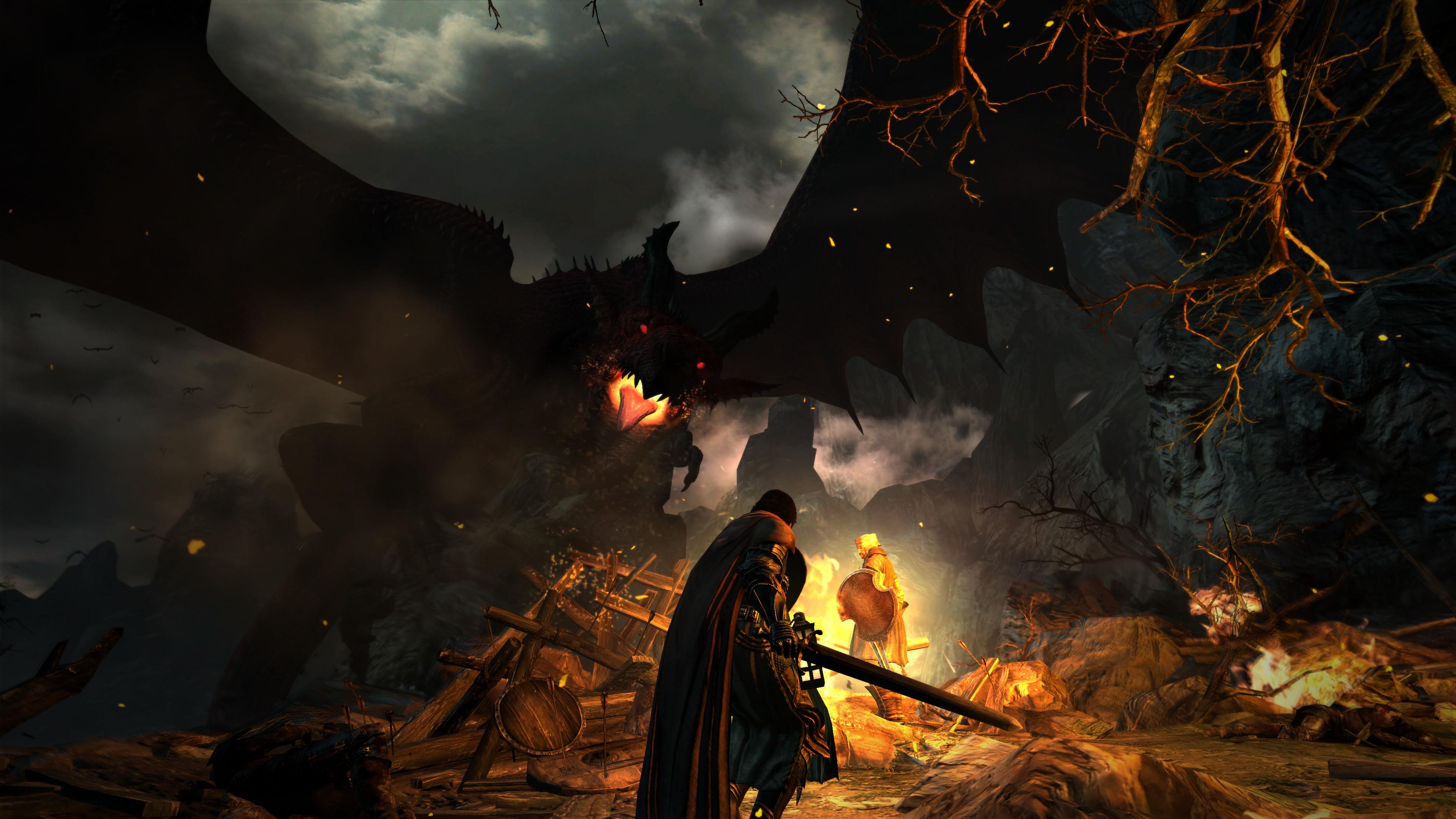
Comparing every action game under the sun to Dark Souls not only ignores what makes them unique, it also sets them up for failure. Dark Souls is a poor and arbitrary acid test, and the Souls-like label creates unrealistic standards that threaten to bury great games. Salt and Sanctuary is a great 2D action RPG. Dragon’s Dogma is a great open-world action RPG. But as Souls games, they’re pretty terrible, probably because they're not Souls games.
The biggest gaming news, reviews and hardware deals
Keep up to date with the most important stories and the best deals, as picked by the PC Gamer team.
A meaningless label
These examples also illustrate how unspecific Souls-like has become. Which is what always happens when we invent labels instead of simply describing games using established, straightforward terms. Labels like Metroidvania and rogue-like are also misnomers for games inspired in some part by Castlevania, Metroid, and Rouge, and like Souls-like, their definitions are muddy. They’re treated like genres when they’re really just confused, insular sets of characteristics that conflate design sensibilities in place of accurate, detailed descriptions.
Even if you are intimately familiar with Dark Souls, Souls-like still doesn’t tell you anything because it lacks a universal definition.
This is partly because these labels operate on presumed knowledge. Imagine you’ve never played Dark Souls—and plenty of people haven’t. What does Souls-like tell you about a game? Even if you know Dark Souls by reputation, you’ll miss the bulk of the message and probably have more questions.
But then, even if you are intimately familiar with Dark Souls, Souls-like still doesn’t tell you anything because it lacks a universal definition. Salt and Sanctuary, Dragon’s Dogma, Dead Cells, The Surge, Titan Souls, Code Vein, Sundered, Furi, Hyper Light Drifter, Lords of the Fallen, Necropolis, Ashen, Nioh, Hollow Knight—these games offer an absurd range of experiences, yet all of them and more have been called Souls-likes.
Games writers are especially guilty of this, and not just in this one instance. We come up with and lean on this kind of jargon all the time. It’s dangerously easy to do. Watch, I’ll invent a stupid genre right now and it will be every bit as credible as Souls-like. All right, I’ve got one.
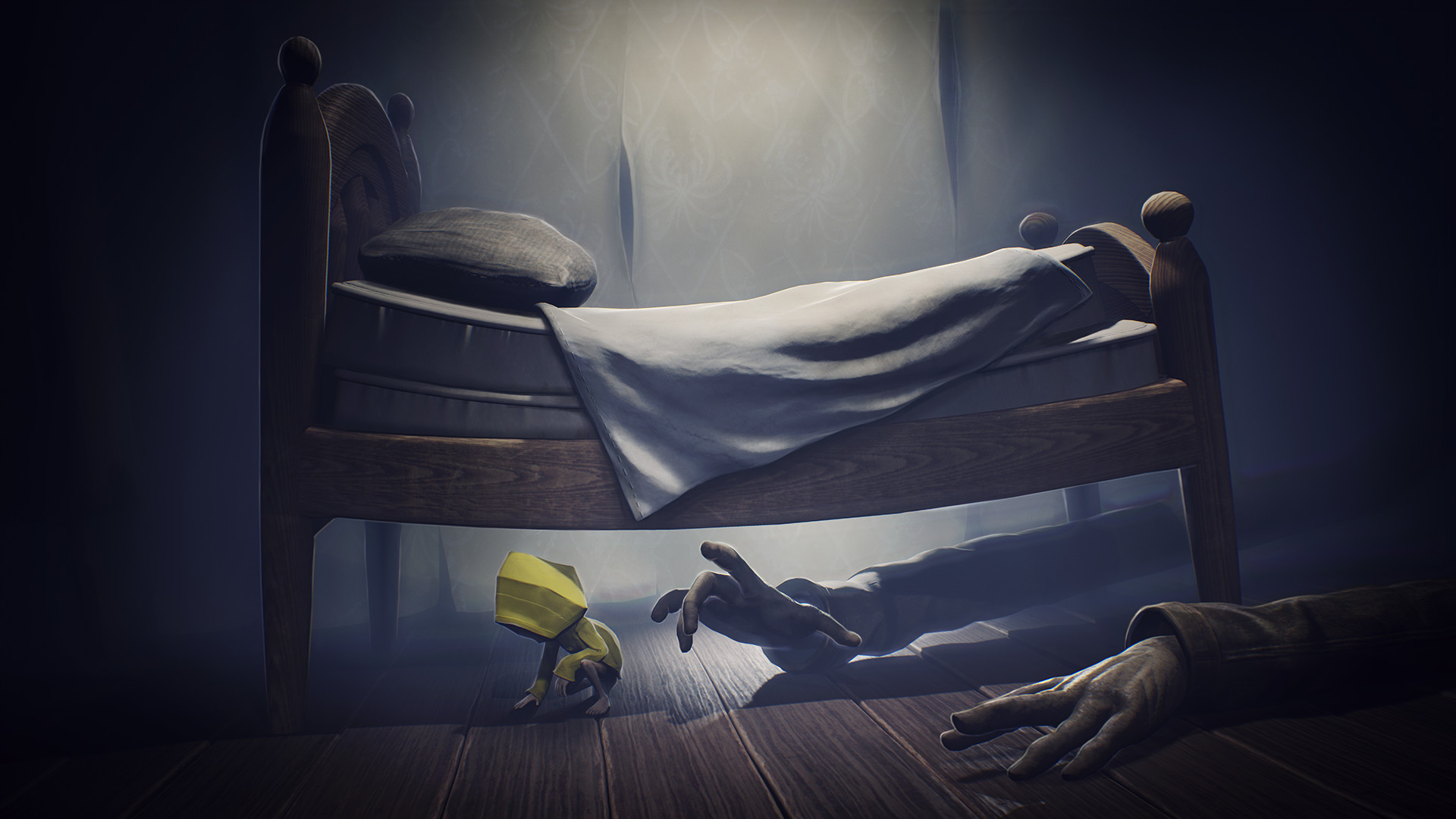
Big-headed-children-likes. Big-headed-children-likes are about getting big-headed children and childlike characters from one place to another, often (but not exclusively) by moving from left to right in a big, scary world. Noteworthy big-headed-children-likes include Brothers: A Tale of Two Sons, Limbo, Bastion, Inside, Child of Light, Giana Sisters: Twisted Dreams, Little Nightmares, Cave Story, Hollow Knight, Poncho, Rogue Legacy, Rain World, The Binding of Isaac and Fez.
Do you see how silly that sounds? The Binding of Isaac is nothing like Limbo. Fez is nothing like Brothers: A Tale of Two Sons. Obviously. Even so, according to this definition, which is at once narrow-minded and overbroad, they’re all the same type of game. Souls-like is no different. These labels blindly hone in on a few specific traits, and consequently clump way too many different games together.
A better alternative
Calling games Souls-likes helps no one, so I guess we’re just going to have to properly describe them. Let’s pick on Dead Cells, whose Steam description calls it “a rogue-lite Metroidvania action-platformer” featuring “2D Souls-lite combat.” Whew, boy. How can we relay that to someone who knows next to nothing about games? Someone from a far-off timeline devoid of cockamamy, wannabe genres? We’d probably say something like this: Dead Cells is a difficult 2D action game about collecting loot and exploring a dungeon wherein enemies and rooms change every time you die.
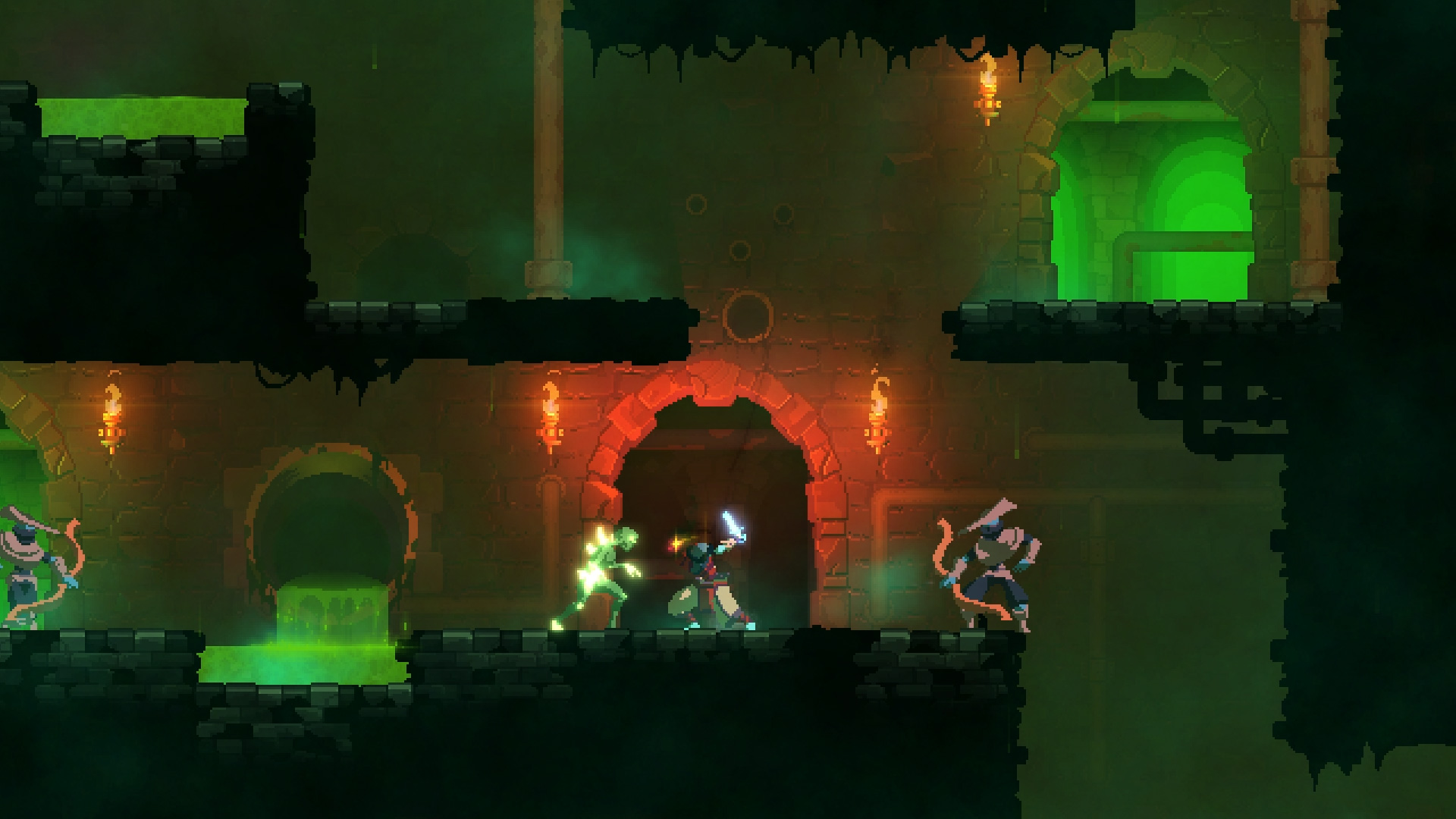
Let’s do Titan Souls next. Titan Souls is an isometric action game filled with bosses that play out as puzzles which must be solved using only a bow and a single arrow. Oh, talk descriptive to me. Let’s do Hyper Light Drifter: an isometric action RPG that, despite challenging combat and inventive bosses, is centrally about exploring a gorgeous pixel art world.
Hell, let’s take it one step further. How would we describe Dark Souls to someone who knows nothing about the series? We can’t very well call it a Souls-like, now can we? How about this: Dark Souls is an incredibly challenging open-world action RPG with carefully paced melee combat, smartly interwoven environments and hands-off storytelling which belies incredibly deep world building.
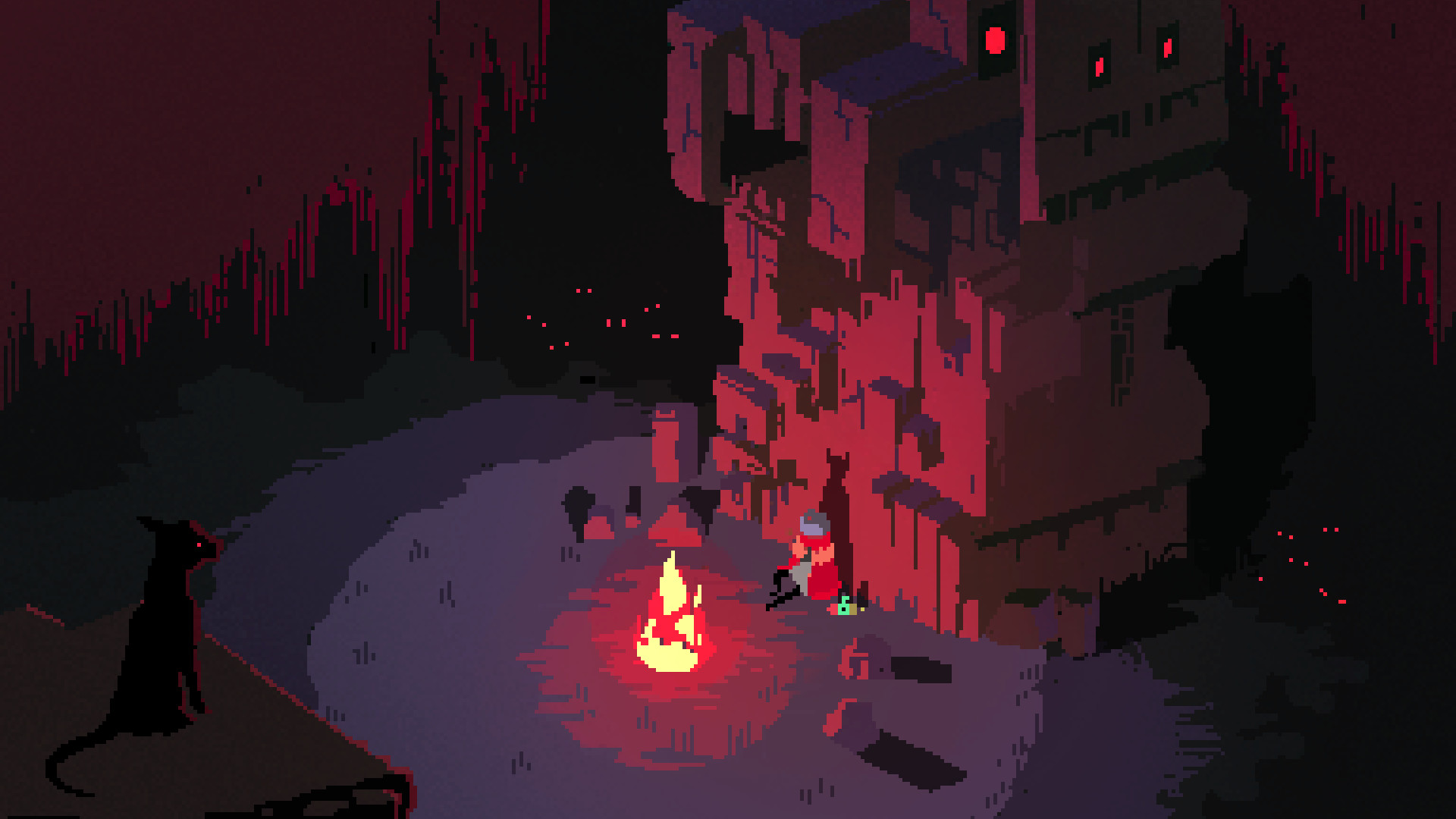
Even with that much explaining, it feels lacking somehow. Where’s the asynchronous multiplayer? The Gothic themes? The eclectic characters? The crushing existential dread and the contrasting moments of triumph? A paragraph still can't do the work,but Souls-like doesn't even try.
Of course, Dark Souls didn’t come up with all these ideas on its own, but it handled them so well and with such flourish that it’s become emblematic of them. More than that, it set the world on fire precisely because it wasn’t chasing arbitrary genre conventions. This might explain why the Souls-like label exploded the way it did, but it also highlights the pointlessness of it. You can copy the systems, the terminology, the high difficulty, the UI, but you can’t copy the impact.
That unmistakable Dark Souls feel has never been truly replicated, not even by its direct sequels. So when we call games Souls-likes, we’re not just misleading players. We’re not just mislabeling games. We’re wasting time.

Austin freelanced for PC Gamer, Eurogamer, IGN, Sports Illustrated, and more while finishing his journalism degree, and has been a full-time writer at PC Gamer's sister publication GamesRadar+ since 2019. They've yet to realize that his position as a staff writer is just a cover-up for his career-spanning Destiny column, and he's kept the ruse going with a focus on news, the occasional feature, and as much Genshin Impact as he can get away with.

